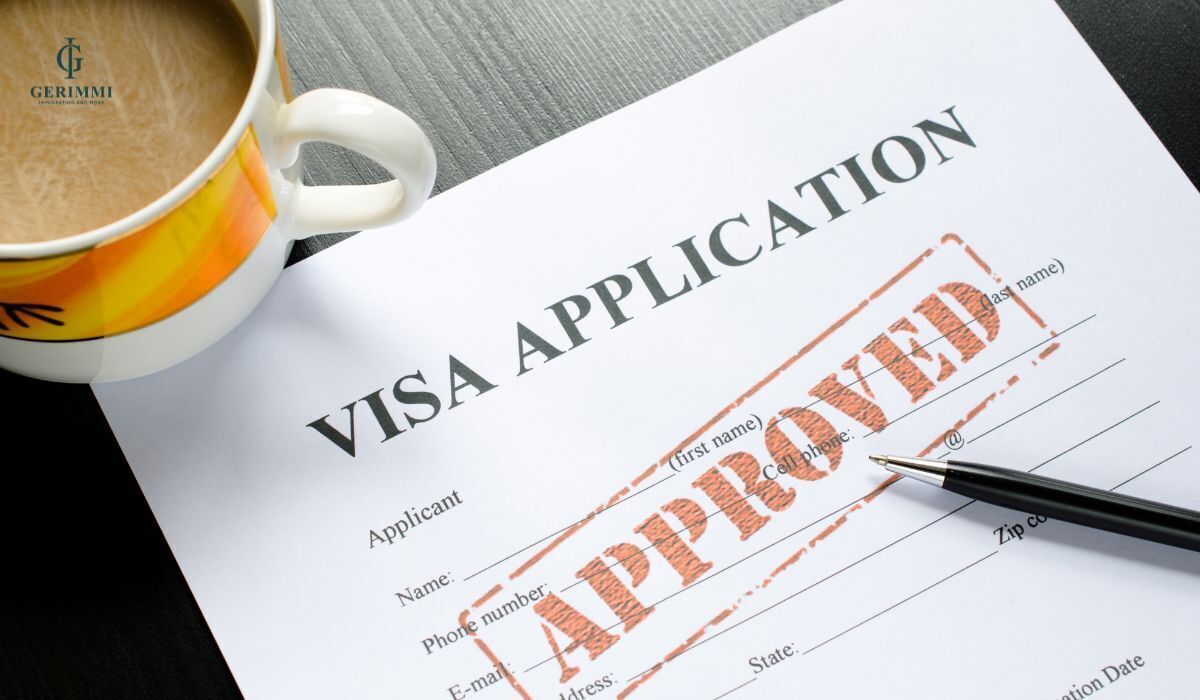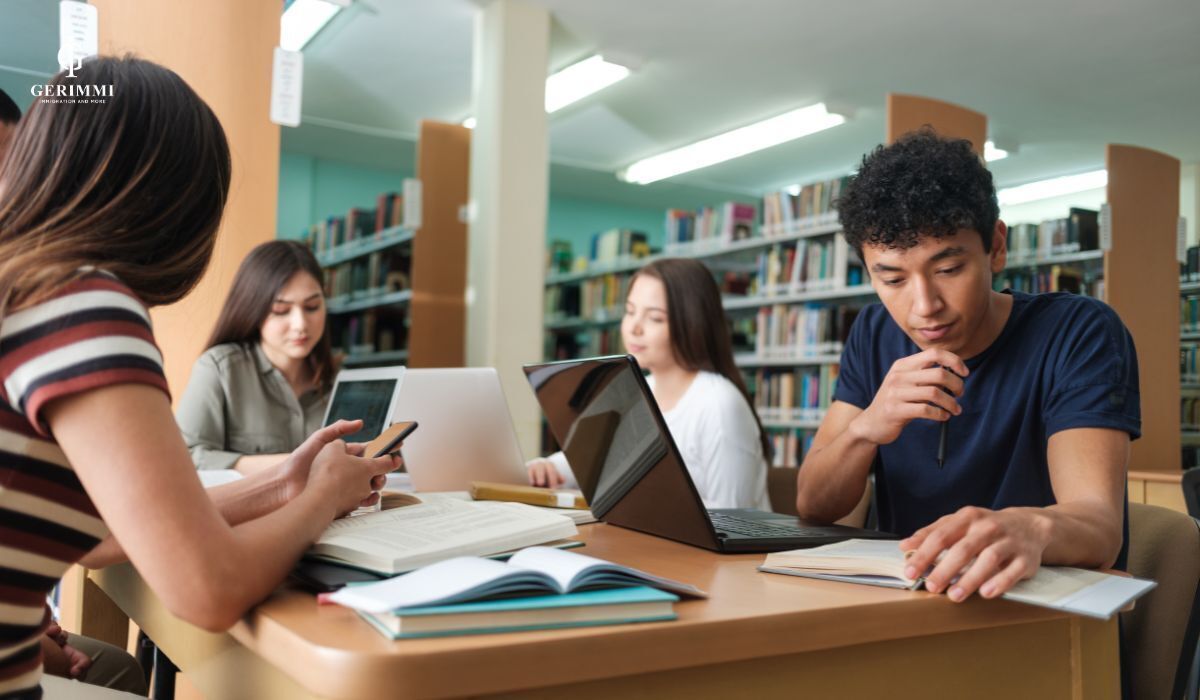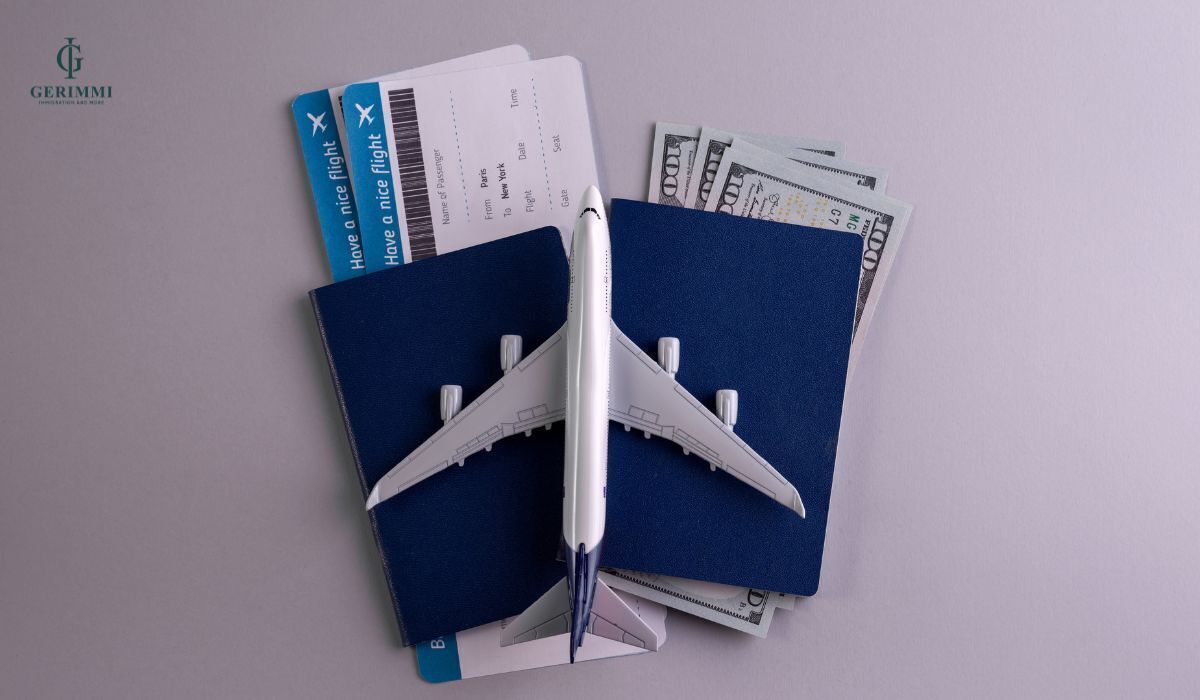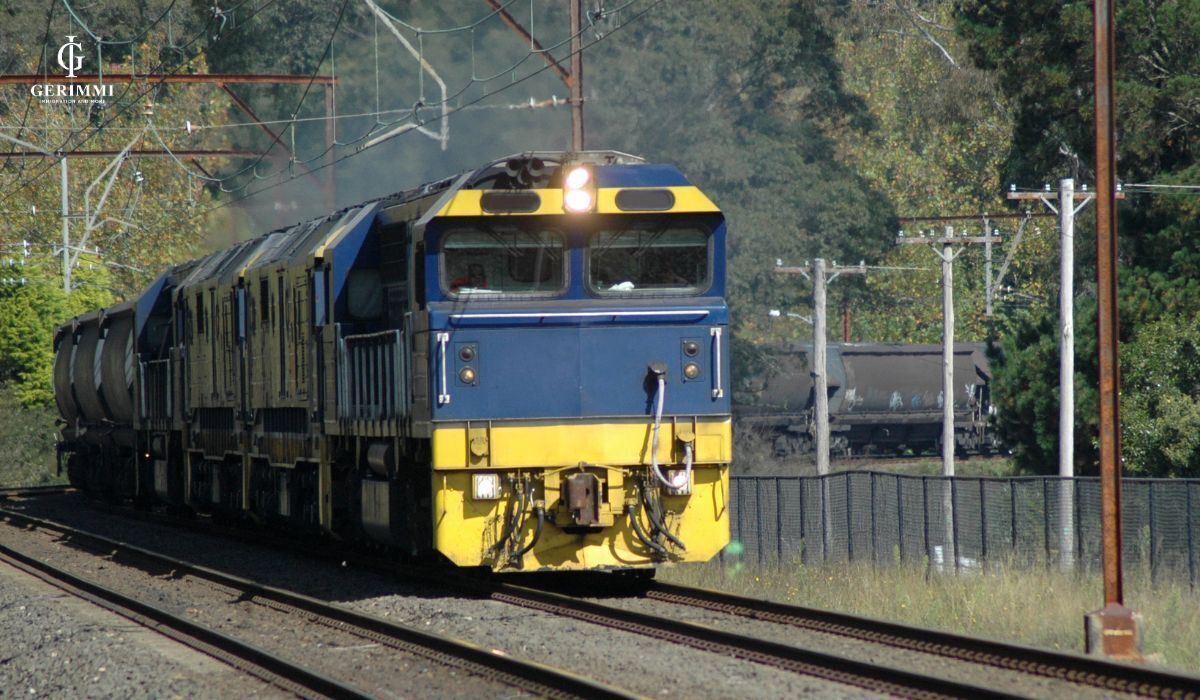Studying in Australia is always the dream of many young Vietnamese people thanks to its top-quality education and wide-open job opportunities. However, one of the most important factors to prepare for is the cost of studying in Australia. In addition to tuition fees, students also have to consider expenses such as living expenses, housing, food, travel, insurance and personal expenses.
I. Cost of applying to study in Australia
1. Notarized translation fee
During the process of preparing documents for studying in Australia, all academic and personal documents such as transcripts, degrees, birth certificates, financial proof, etc. need to be notarized and translated into English. The notarized translation fee ranges from 50,000 - 200,000 VND/page, depending on the length and type of document. This is a mandatory expense for your study abroad application to be accepted by the Australian Embassy and universities.
2. Visa application fee
When applying for an Australian student visa, students need to pay a visa application processing fee to the Australian Department of Home Affairs. As of 2025, the Australian student visa fee (Student Visa - subclass 500) is about 710 AUD (equivalent to more than 11 million VND), not including biometrics fees. This is one of the major expenses in the process of preparing for studying in Australia that you need to plan early.

3. Health examination fee
A mandatory requirement when applying for an Australian student visa is a medical examination at a designated medical facility. The cost of the medical examination ranges from 2 to 4 million VND, depending on age and the type of required test. The results of the medical examination will be sent directly to the Australian Department of Home Affairs system for review. This is an important step to ensure that students are physically fit to study in Australia.
II. Tuition fees for studying in Australia
1. Tuition fees for all levels
1.1 General
Tuition fees for international high school students in Australia range from 15,000 - 30,000 AUD/year depending on the state and type of school (public or private). High school study in Australia helps students have a solid English foundation and the ability to quickly integrate into the international learning environment.
1.2 Vocational study abroad
If you are interested in the cost of vocational study in Australia, the tuition fees are usually cheaper than university, around 6,000 - 18,000 AUD/year. Vocational courses focus on practice, helping students quickly gain skills and job opportunities in Australia. This is a cost-saving option for many students studying in Australia.
1.3 University
University tuition fees in Australia 2025 for international students range from 20,000 - 45,000 AUD/year, depending on the field of study. Medicine, Dentistry, Engineering usually have higher tuition fees, while Social Sciences or Education are usually lower. This is the largest cost of the total cost of studying in Australia and can be significantly reduced if you win a scholarship to study in Australia.

1.4 Master
For Masters study in Australia, tuition fees range from AUD 22,000 - 50,000/year. Many Masters programs require students to have work experience or research achievements. Although the cost is high, the value of the degree is globally recognized, providing many international career opportunities.
1.5 PhD
PhD study in Australia costs around AUD 18,000 - 42,000/year. However, many Australian universities and governments often offer full scholarships for PhD students, including tuition fees and living expenses. This is an ideal opportunity for those who want to save on study abroad costs and pursue a long-term research career.
2. Analyze the differences in tuition fees between schools and states
|
State/Representative School |
Undergraduate (AUD/year) |
Master's Degree (AUD/year) |
PhD (AUD/year) |
|
New South Wales (Sydney) – University of Sydney, UNSW |
35.000 – 45.000 |
38.000 – 50.000 |
35.000 – 42.000 |
|
Victoria (Melbourne) – University of Melbourne, Monash |
32.000 – 45.000 |
36.000 – 48.000 |
30.000 – 40.000 |
|
Queensland (Brisbane) – The University of Queensland, QUT |
28.000 – 38.000 |
30.000 – 42.000 |
28.000 – 35.000 |
|
Western Australia (Perth) – UWA, Curtin University |
25.000 – 35.000 |
28.000 – 40.000 |
26.000 – 34.000 |
|
South Australia (Adelaide) – University of Adelaide, UniSA |
24.000 – 34.000 |
26.000 – 38.000 |
25.000 – 32.000 |
|
Tasmania (Hobart) – University of Tasmania |
20.000 – 30.000 |
24.000 – 35.000 |
22.000 – 30.000 |
III. Airfare costs for studying abroad in Australia
1. Average cost
An important part of the cost of studying in Australia in 2025 that many young people need to consider is the price of airfare to Australia. Currently, the cost of airfare from Vietnam to Australia ranges from 10 - 25 million VND/way, depending on the airline, time of booking and destination city (Sydney, Melbourne, Brisbane, Perth...).
Popular airlines operating direct flights between Vietnam and Australia include Vietnam Airlines, Vietjet Air, Qantas Airways and Bamboo Airways. In addition, if you transit through Singapore, Malaysia or Thailand, the ticket price may be cheaper but the travel time will be longer.

2. Tips for hunting for cheap airline tickets
To save money, many students are interested in tips for hunting for cheap air tickets to Australia. One of the most effective ways is to book tickets 2-3 months in advance of the departure date, because the closer the departure date, the higher the ticket price. In addition, following the promotions of Vietnam Airlines, Vietjet Air, Scoot or AirAsia also helps students have the opportunity to buy tickets cheaper than the average.
IV. Housing costs
1. Compare types of accommodation (dormitory, homestay, private rental)
|
Housing type |
Average cost (AUD/week) |
Advantage |
Disadvantages |
|
On-campus accommodation |
200 – 450 |
- Near school, saving travel time. - Available utilities: internet, electricity, water. - Easy to integrate and make friends with international students. |
- Higher cost than outsourcing. - Less privacy. - Limited number of places, early registration required. |
|
Homestay (stay with a local family) |
250 – 400 |
- Experience real Australian culture. - Have care and support from host family. - Suitable for international students under 18 years old. |
- Little freedom of time. - Depends on the landlord's rules. - Homestay quality is uneven. |
|
Private rental/share house |
150 – 350 |
- Freedom and flexibility in activities. - You can choose to share a room to save costs. - Suitable for older, independent international students. |
- Must pay for electricity, water, internet. - Time consuming to find a house. - May be far from school, incur travel expenses. |
2. Estimated price list by state/major city (Sydney, Melbourne, Brisbane)
|
Cost Category (AUD/month) |
Sydney |
Melbourne |
Brisbane |
|
Housing (dormitory/private rental/shared accommodation) |
1.000 – 1.800 |
900 – 1.600 |
800 – 1.400 |
|
Food (home cooking/eating out) |
400 – 700 |
350 – 650 |
300 – 600 |
|
Travel (bus/train/Opal/Myki/Go Card) |
150 – 220 |
140 – 200 |
120 – 180 |
|
Electricity, water, internet |
150 – 250 |
130 – 220 |
120 – 200 |
|
Overseas Health Insurance (OSHC) |
45 – 55 |
45 – 55 |
45 – 55 |
|
Total cost of living |
1.800 – 3.000 |
1.600 – 2.800 |
1.400 – 2.500 |
V. Food costs when studying abroad in Australia
1. Cost of cooking for yourself
For international students who want to save on living expenses in Australia, cooking for themselves is a popular choice. On average, the cost of buying food at supermarkets such as Coles, Woolworths or Aldi ranges from 300 - 500 AUD/month. If you know how to hunt for promotions and cook at home, students can save 30-40% compared to eating out. This is the secret that helps many students reduce the total cost of studying in Australia to a reasonable level.

2. Cost of eating out
If you eat out regularly, your food costs in Australia will be significantly higher. A fast food meal at McDonald’s or KFC will cost around AUD 10-15, while a meal at a budget restaurant will cost AUD 18-25. On average, eating out costs around AUD 500-800/month.
VI. Travel expenses when studying abroad in Australia
1. Cost of using public transport (train, bus)
In big cities like Sydney, Melbourne or Brisbane, international students often travel by train, bus or tram. The average cost is about 120 - 220 AUD/month, depending on the city and frequency of travel. In Sydney, international students use Opal cards; in Melbourne, there is Myki; and in Brisbane, there is Go Card. This is the main, convenient and safe means of transportation for international students.

2. Student Discounts
One advantage of studying in Australia is that international students often enjoy discounts on public transport. In Melbourne, students can buy a long-term Myki Pass for 30–50% less. In Brisbane, Go Cards also have student discounts. Thanks to these policies, the cost of travel when studying in Australia is significantly reduced, helping students manage their budget more effectively.
VII. Other costs when studying abroad in Australia
1. OSHC (Overseas Student Health Cover) Insurance
According to regulations, all international students in Australia must purchase OSHC health insurance during their study period. The average OSHC cost is about 500 - 700 AUD/year, equivalent to 45 - 55 AUD/month. This insurance helps cover part of the cost of medical examination, emergency and medicine, ensuring health benefits for international students.

2. Electricity, water and internet costs
If you rent a private house or share a house, you will have to pay for your own electricity, water and internet. On average, this costs around 150 - 250 AUD/month, depending on the number of people living and usage. Most international students split the cost with their roommates to save money.
3. Personal expenses (shopping, entertainment...)
In addition to fixed expenses, students also need to budget for personal expenses in Australia for shopping, entertainment or travel. This figure usually ranges from 200 - 400 AUD/month, depending on each person's needs. This is a flexible expense that can be adjusted to fit the budget.
Conclusion
The cost of studying in Australia can vary depending on the city, institution and lifestyle, but if you know and plan ahead, everything will be within reach. From tuition fees and living expenses to insurance and airfares, careful preparation will help you reduce financial stress and focus on your studies.

